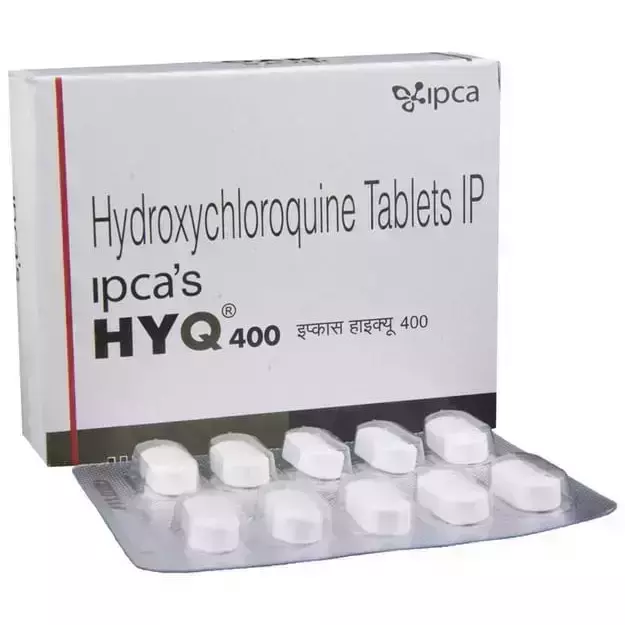Bitaquine is a commercial drug that is prescribed in the form of Tablet, Drops, Suspension. Primarily, it is used for the treatment of Malaria.
The optimal dosage of Bitaquine is largely dependent on the individual's body weight, medical history, gender and age. Dosage also depends on the route of administration and your chief complaint for which the drug is prescribed. For detailed information on this, read through the dosage section.
Besides the aforementioned side effects, there are other adverse effects of Bitaquine as well, which are listed below. Normally, these side effects of Bitaquine are not long lasting and go away when the treatment is finished. If, however, they worsen or do not go away, please speak with your physician.
It is also important to note that Bitaquine has a Severe effect for pregnant women and Severe effect on lactating mothers. Warnings related to Bitaquine's effects on the liver, heart and kidney, if any, have been listed below.
Bitaquine can cause adverse effects in certain medical conditions. It is strongly recommended to avoid Bitaquine in conditions like Porphyria. The section on Bitaquine contraindications lists all such conditions.
Drug reaction of Bitaquine with other medicines has been reported. Refer to the list below for further details.
In addition to these precautions, you may also note that Bitaquine is not safe while driving, and is is not addictive in nature.
X









